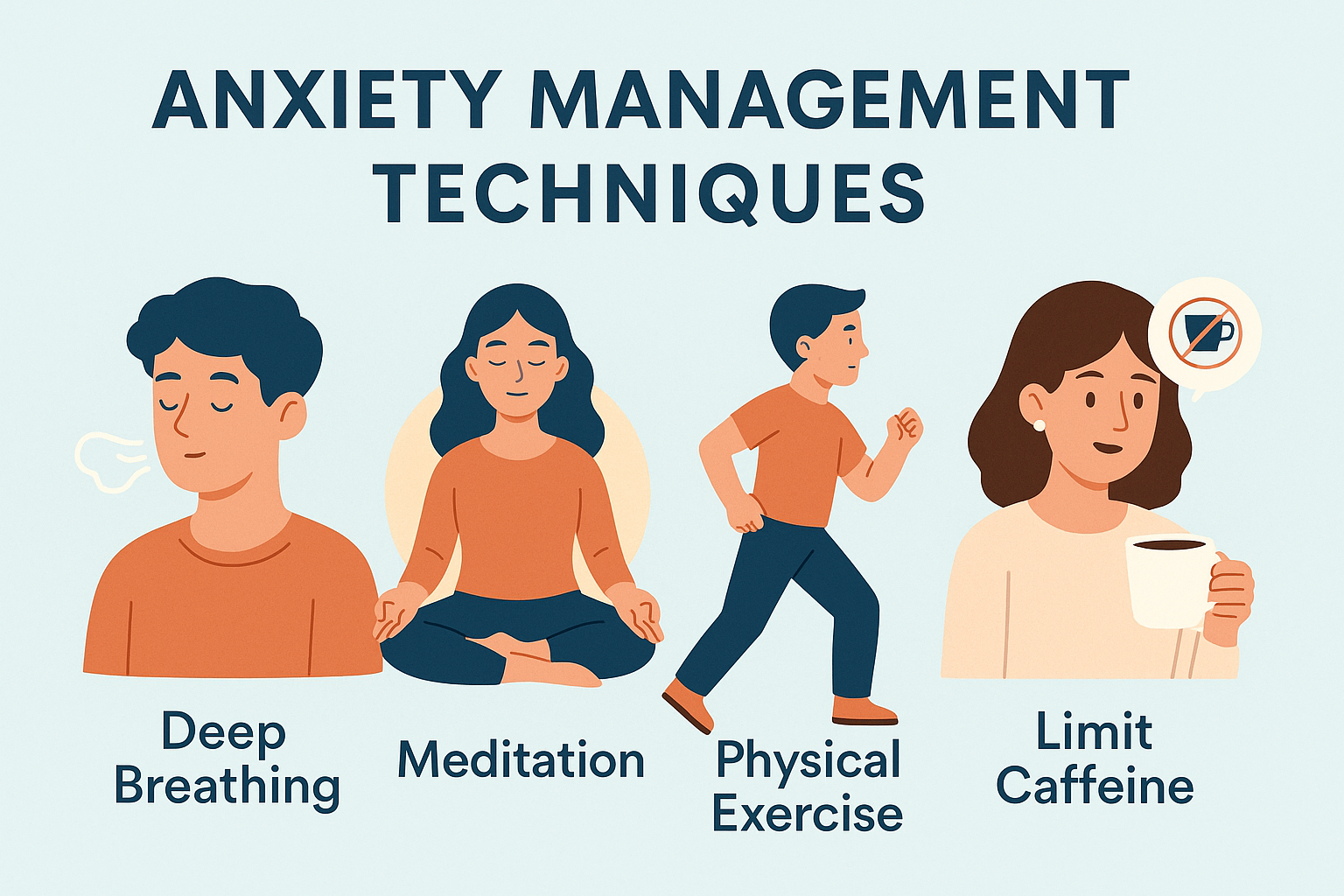
Signs Your Child Needs Speech Therapy
May 20, 2021
Signs Your Child May Need to Visit a Speech-Language Pathologist
Parenthood doesn't come with a rule book and sometimes it is difficult to assess how your child is progressing as they grow. Every child is different and they all develop at different rates and times. However, if your child is having difficulty communicating or you don't understand what they say often, visiting a licensed Speech-Language Pathologist should be your next course of action. Here are some key signs and indicators that you need some form of child therapy services.
Unclear Speech - According to the American Speech-Language-Hearing Associatio n (ASHA), children with potential speech disorders might have issues producing p, b, m, h, and w sounds in words from 1 to 2 years old. From ages 2 to 3 years old, the children with speech development delays could have trouble pronouncing k, g, f, t, d, and n sounds in words.
How Many Words - As your child grows in those early months and years, their language should develop as well. From babbling to sounds and words. If your child uses less than 20 words at 18 months old and less than 50 words by age 2, they should seek out speech-language therapy.
Word Comprehension - When your child reaches the age of 2, they should understand more than 300 words. If your child has trouble understanding simple sentences, such as “please grab your jacket,” they likely need to seek out a Speech-Language Pathologist.
Sentences - According to ASHA , between the ages of 1.5 to 2 years, children should start putting words together to form sentences. Simple phrases like, "more milk please" or "let's read more books" should begin to pop up during their daily routine.
If you see any of these signs in your child, you should seek out speech-language therapy.
Unclear Speech - According to the American Speech-Language-Hearing Associatio n (ASHA), children with potential speech disorders might have issues producing p, b, m, h, and w sounds in words from 1 to 2 years old. From ages 2 to 3 years old, the children with speech development delays could have trouble pronouncing k, g, f, t, d, and n sounds in words.
How Many Words - As your child grows in those early months and years, their language should develop as well. From babbling to sounds and words. If your child uses less than 20 words at 18 months old and less than 50 words by age 2, they should seek out speech-language therapy.
Word Comprehension - When your child reaches the age of 2, they should understand more than 300 words. If your child has trouble understanding simple sentences, such as “please grab your jacket,” they likely need to seek out a Speech-Language Pathologist.
Sentences - According to ASHA , between the ages of 1.5 to 2 years, children should start putting words together to form sentences. Simple phrases like, "more milk please" or "let's read more books" should begin to pop up during their daily routine.
If you see any of these signs in your child, you should seek out speech-language therapy.
Contact Beckloff Behavioral Health for Speech Therapy Services in Dallas, TX
At Beckloff Behavioral Health Center, we offer experienced & intuitive
speech-language therapy services
. Our Speech-Language Pathologists work with children suffering from speech development issues in three areas--expressive language skills (using language), receptive language skills (understanding), and articulation (how the child says sounds in isolation, words, and sentences). If you are considering child therapy services in the Dallas, TX area, our licensed staff can assist in diagnosing and designing a personalized treatment plan for your child. Each child is different and that is why we adapt our therapy services towards the needs of the child.
Contact our office
today to schedule a tour of our facility or to set up an appointment for an evaluation of your child.



